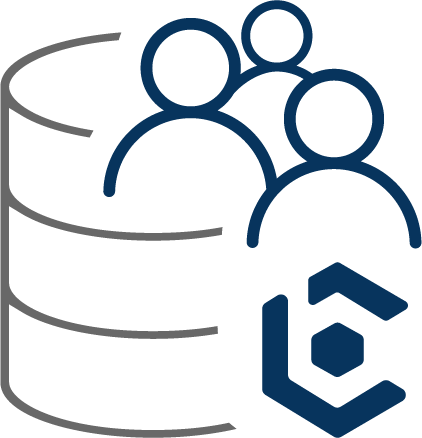

Multi-user versions of Caseboard refers to versions that allows multiple users to access and use the software simultaneously sharing the same database. This type of license is commonly used in organizations to improve efficiency, collaboration, and resource sharing.

Here are some key advantages of multi-user software:
Here are some key advantages of multi-user software:


A complete suite for criminal investigation and anti-fraud. Caseboard is the main tool for intelligence teams.
Copyright © 2025 | Caseboard – Tuning data into intelligence | All rights reserved – Privacy Policy